There’s a good chance you’ve seen a wasp or two somewhere near your home and want to determine what brought them there. There are many types of wasps — most are beneficial for controlling other insects — and what they’re attracted to varies with the seasons. Fortunately, finding the source of their attraction can be quite simple. And if not, we’re here to help.
Flowers (and Their Colors and Scents) Bring Wasps to the Yard
Unsurprisingly, wasps are attracted to flowers. So if you have a bountiful garden, it will no doubt attract wasps, and that is for two reasons: the flowers’ nectar and scent. Nectar is a food source for many wasps, and while nourishing themselves from one flower to another, they’re also helping to pollinate your garden.
You might not realize that wasps have noses and will stop to smell the roses — or anything floral. So if your favorite perfume is plucked straight from a bed of wildflowers, that might be why a pesky wasp seems to be following your every move. But if you prefer earthier scents, either for yourself or in your yard, stick to herbs like mint, thyme, eucalyptus, and citronella. Strong, aromatic scents turn off wasps, so swapping your roses for rosemary is a great way to simultaneously smell good and repel wasps (and other insects!).
And yet, even stranger than a wasp with a nose, their love of flowers also means they’re attracted to bright colors and floral prints. So being mindful of outdoor decor and your garden party wardrobe is key to fending off a swarm of wasps in search of your nectar come spring and summer.
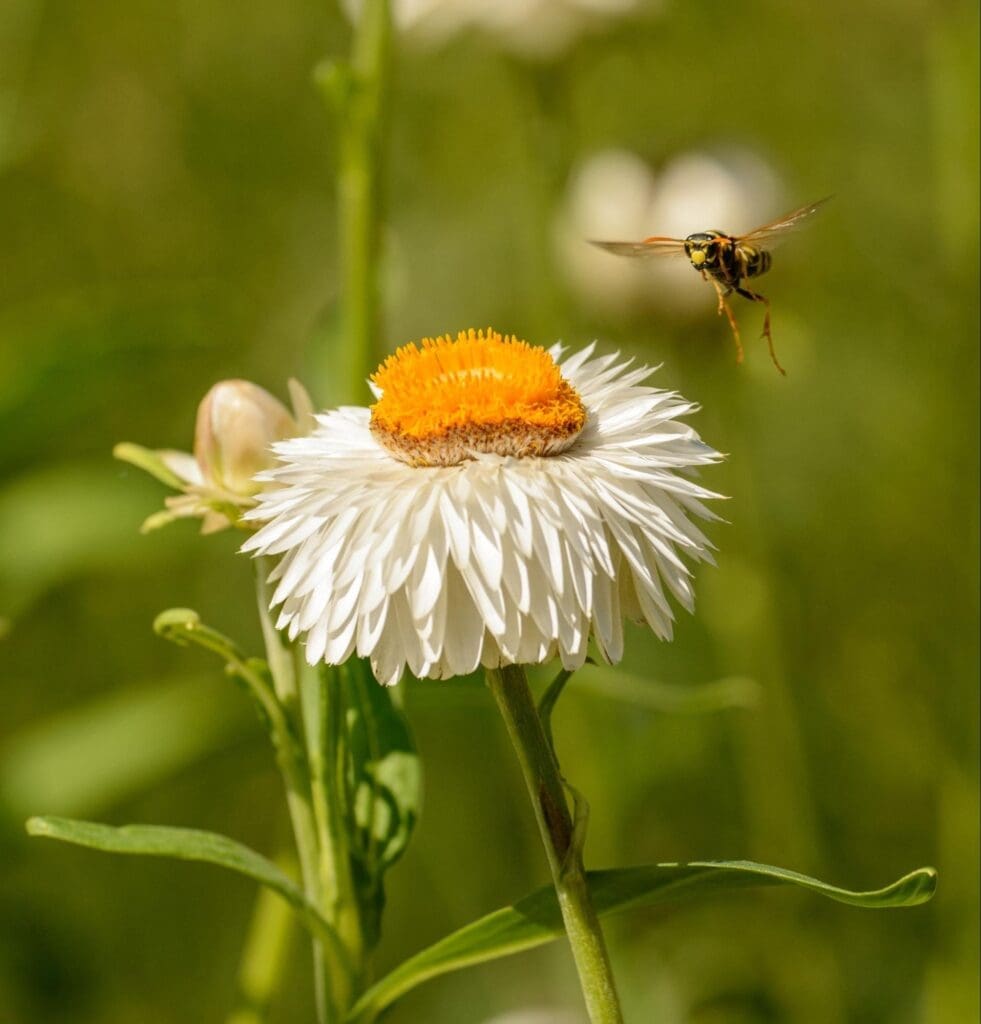
Wasps Look for Sweets and Meats
A wasp’s appetite changes with the seasons. After coming out of winter hibernation, wasps are looking for protein to fill them up, which means you might find them buzzing around your picnics or pet’s food dish, garbage bins, and open compost piles. They’ll also pick up the smell of meat you might be grilling and will know to stick around that area when the next supply is dropped.
Beyond your and your pet’s food, other insects that serve as a good source of protein for their diet attract wasps. So it’s common to see them hovering aboveground, preying on larvae and grubs inside the soil. In years when cicadas come out from hibernation, cicada killer wasps also come out to hunt them — making for good, albeit slightly annoying pest control.
As for late summer through winter, wasps have a change of appetite and are more interested in sweets that will fill them up while in hibernation. Cans of soda or juice, cakes, and other desserts are favorites of wasps as the weather cools. They’ll also linger around fruit trees, waiting for a piece to fall and break open so they can feast. If you’re dining outside, it’s best to keep food and drink containers covered and to clean up any remnants — even a drop of spilled soda — after you finish. If your yard has any fruit-bearing trees, collecting the fruit before wasps can will help keep them at bay.
Water and Shelter Are Just as Important to Wasps
Even though wasps will sip your sodas and the nectar of your flowers, they still need water to survive. Any lingering puddles or even bird baths attract wasps to come and drink up. Limit any standing water in your yard, or keep it as far from your home as possible. Another helpful way to deter wasps is changing the time sprinklers water your lawn. We suggest watering lawns before sunrise to conserve water and deter wasp activity.
The same goes for finding a cozy place to live. Wasp colonies are smaller than bees’ and will make a home in just about any nook or cranny, including holes or burrows in your yard. If you notice a lot of wasps and can’t figure out where they’re coming from, inspect your home for any cracks or crevices on the exterior or in trees around your home for a nest. You’ll be surprised at the small spaces these insects will nestle into. However, we don’t recommend removing the nest on your own. Handling a nest of wasps (likely to be pretty angry if you’re moving their home) can be extremely dangerous and requires tools and expertise to be done safely. Attracting wasps isn’t necessarily bad— unless they’re coming for your perfume, they won’t bother you. They just want something to eat. But they may be bothersome to you, your children, pets, and other insects. Limiting the reasons wasps wish to make your home their own will go a long way.
Wasp Species and Distinct Attractions
Wasps come in many shapes and sizes; each species has unique attractions and behaviors.
- Social wasps—paper wasps, hornets, and yellow jackets typically live in a colony, feeding on proteins from dead animals, insects, or leftovers from human meals. These wasps live in small to medium size colonies of a couple individuals or up to a few hundred individuals. They are attracted to wood and plant fibers from which they build their nests, which range from the size of a quarter to a beach ball, and may be hanging from a tree or structure, or concealed underground or in a cavity. Some social wasp species are beneficial, as they are predators of other insect species that can damage crops.
- Solitary wasps—some wasps are attracted to plant nectar, pollen, or other insects for food and raising their larvae. As the name suggests, solitary wasps aren’t as aggressive as the others. These wasps live alone, nesting in nests built out of paper or mud, or in cracks, crevices, and small holes. You might sometimes see them carrying blades of grass for their nests. These species are largely beneficial, some even hunt and kill black widow spiders. These wasps constitute the vast majority of species, but are much less noticeable due to their small nests and docile nature.
Key Role of Wasps in Nature: Benefits and Risks
Wasps play a crucial role in many ecosystems, from pollinating plants to preying on harmful pest insects. These stinging insects have many ecological benefits, but they may also carry risks and annoyances for humans who interact with them.
Ecological Benefits
Wasps are an essential part of the ecosystem in many ways, with some wasps feeding on pest insects like flies and aphids, thereby helping to reduce the population of harmful insects. Wasps also have a role in pollinating flowers, making it possible for plants to reproduce. In many parts of the world, wasps are protected and considered important for biodiversity and a healthy environment.
Wasps also feed on other insects, helping to keep insect populations in check. They are predatory and aggressive when threatened. As stinging insects, they use their stingers as a defensive mechanism. A wasp stings to defend their territory and warn predators, making them essential to the population’s natural defense.
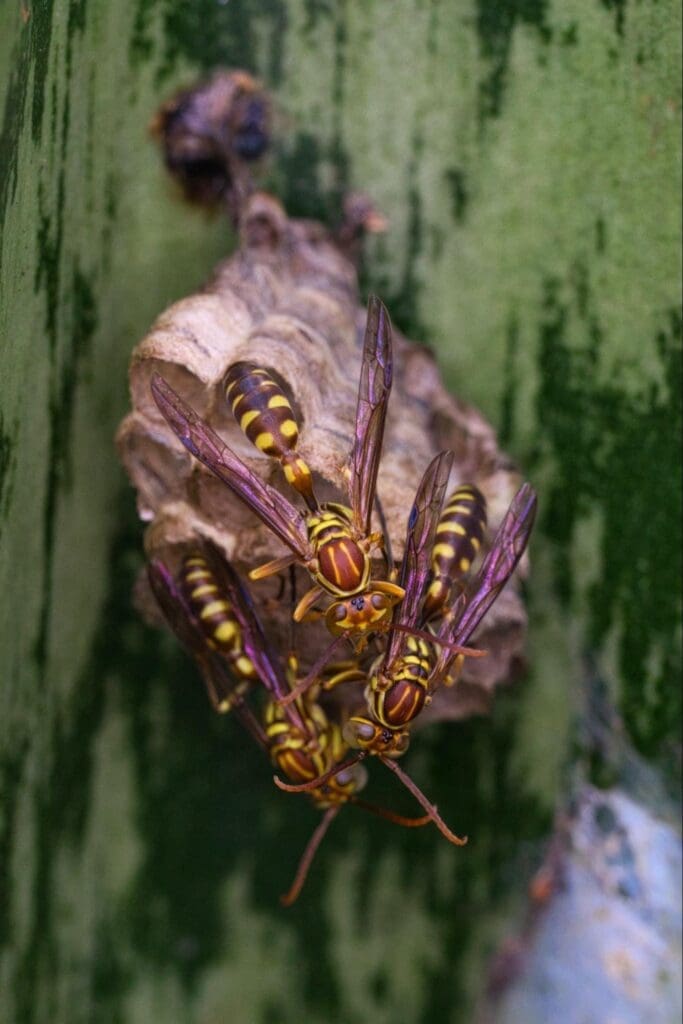
Potential Risks and Annoyances They Can Cause
Wasps can be a nuisance to humans even if they benefit the environment, especially when they build their nests in areas we occupy, such as carports, porch eaves, and other parts of the home.
Touching the Wasp Nest
Never apprehend or touch wasp nests as they are more likely to sting when disturbed—a wasp’s nest is a nurturing place where the queen wasp lays her eggs.
Try not to disturb wasp nests if you don’t want to get hurt. Like bees, wasp nests serve as a shelter, so removing them will disturb the wasps.
Avoiding the Stings
Wasp stings can cause a range of symptoms, from discomfort to sometimes life-threatening allergic reactions. They range in pain level from extreme, worse than a broken bone, to barely noticeable, similar to a mosquito bite. Some species may also bite, which feels like a very sharp pinch and can even cause a small cut. Wasp species may also become a problem when they swarm and move into large numbers in one area, disrupting those who live there.
Minimizing Risks and Danger
Take measures to make the environment less attractive to wasps, such as removing any food or water sources and sealing any entry and exit points they could use.
Another way of deterring wasps is to avoid attracting them to an area where people will be, such as by wearing floral perfume or eating in areas where wasps are present. Correct practices and precautions can keep wasps away from your home and make people safe.
Wasp Behavior in Seasonal Changes and Other Insects
Being aware of the different habitats and behaviors of local wasps and taking precautions such as eliminating potential food and shelter sources or using repellents is necessary to stay safe during these seasonal changes.
Wasps can adapt to seasonal changes in many ways, though their behavior will largely be determined by their species and the climate in which they live. Generally, wasps will spend the winter dormant in a hibernation-like state, emerging when the temperature rises in spring. But they are more active and visible during the warmer months as they search for resources and look for mates to reproduce.
As they prepare for hibernation, wasps become more aggressive in the late summer and fall. As their food sources dwindle, they become more territorial and may sting if they feel threatened. We can protect ourselves during these seasonal cycles by learning about wasp habits and taking extra precautions.
Relationship with Other Insects
Wasps are predators, with some species also preying on spiders and small mammals. At the same time, they prey on the larvae of different insect species, playing a role in keeping the population of disease-carrying or damaging species in check.
Understanding wasp behavior and its relationships with other insects is essential in determining the best approach to wasp deterrence. With proper precautions, use wasp deterrents like scent-masking repellents, traps, and sealants for protection and to minimize the impact of wasps on ecosystems.
How to Care and Co-exist with Wasps Safely
Wasps play an important role in many ecosystems. However, being aware of what attracts wasps will help you learn to manage them safely. Attractants such as plant nectar, sweet drinks, proteins, and garbage can draw wasps to our home or outdoor spaces. We can better coexist with them by utilizing deterrents, such as masking scents, disposing of trash properly, and not swatting at them.
Understanding wasps and their needs is key to safe, respectful, and harmonious living with these essential insects. But how can you repel wasps? If you need more guidance on wasp treatment and for emergency purposes, give us a call right away.
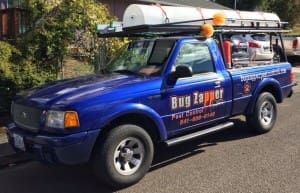
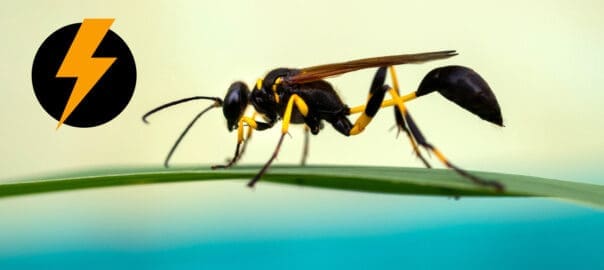

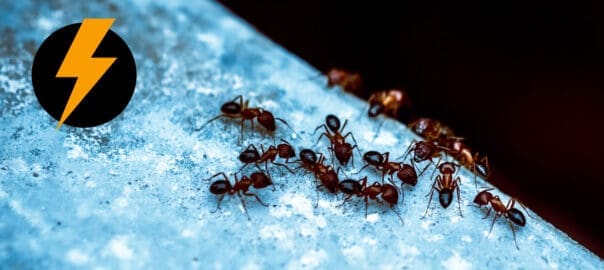 Understanding Ant Attraction: What Attracts Ants Besides Food?
Understanding Ant Attraction: What Attracts Ants Besides Food? How To Prepare for a Bed Bug Inspection
How To Prepare for a Bed Bug Inspection How to Keep Your Pets Safe During Pest Control
How to Keep Your Pets Safe During Pest Control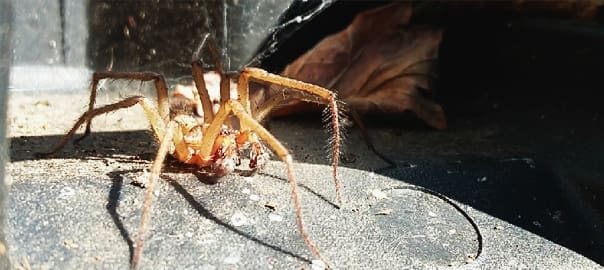 Spider Control and Elimination
Spider Control and Elimination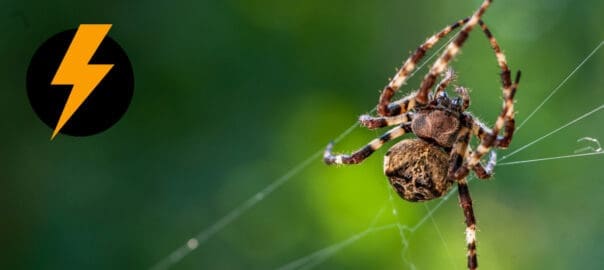 What Attracts Spiders?
What Attracts Spiders?